Black cats have been featured in mythologies from ancient Egypt to European traditions. In ancient Egypt, they were revered and worshipped, a belief stemming from Bastet, the cat-headed goddess of home and fertility. However, as cultures and beliefs evolved, the symbolism associated with black cats diversified significantly.
Medieval Europe and the Rise of Superstitions
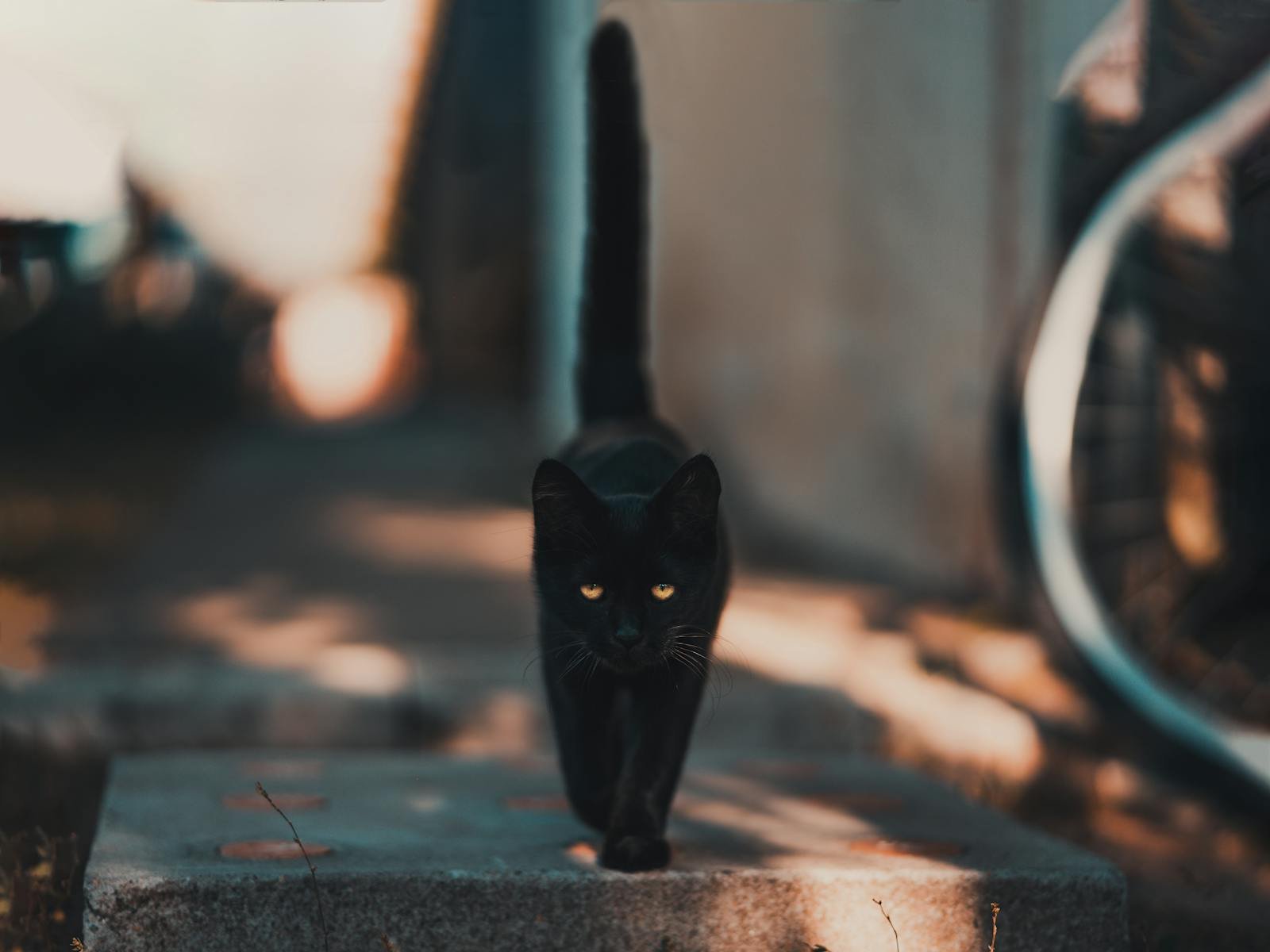
The association of black cats with bad luck and witchcraft primarily evolved during the medieval period in Europe. Black cats were often thought to be witches in disguise or familiars for those practicing dark arts. This led to a fear-based perception where spotting a black cat could be considered an omen of misfortune or death.
Black Cats as Harbingers of Bad Omens in Folklore

In various European folklore, black cats are often seen as harbingers of doom. Some claimed that if a black cat crossed your path, it would block your connection with God and the light, thus attracting misfortune. Tales of shape-shifting witches contributed further to the devilish portrayal of black cats.
The Flip Side: Black Cats as Symbols of Good Luck
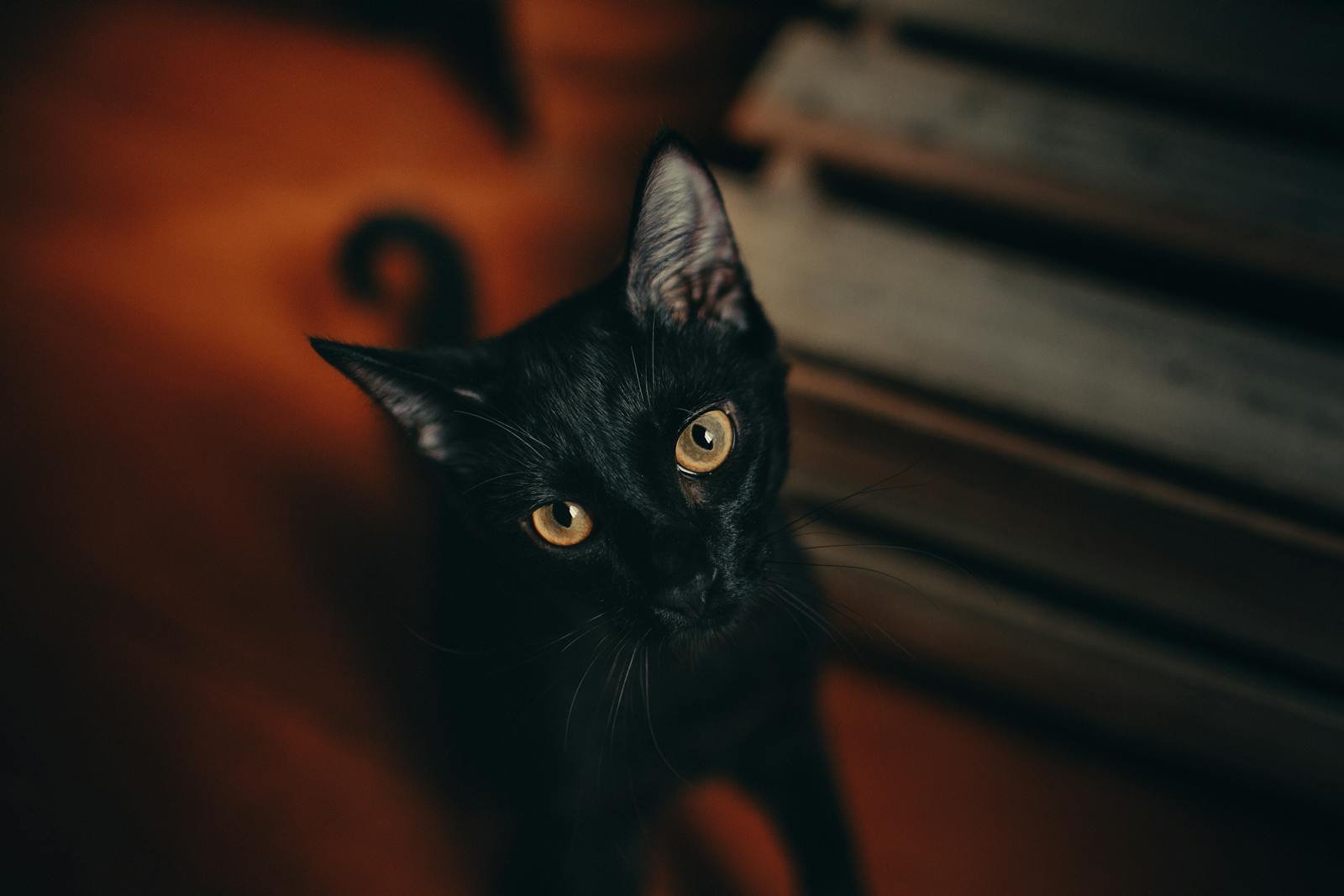
On the contrary, black cats are considered to be good luck in certain cultures. In Scottish and English lore, black cats are believed to bring prosperity and fortune. Fishermen’s wives would keep black cats while their husbands went out to sea, believing them to bring their loved ones back safely.
Cultural Variations in Viewing Black Cats
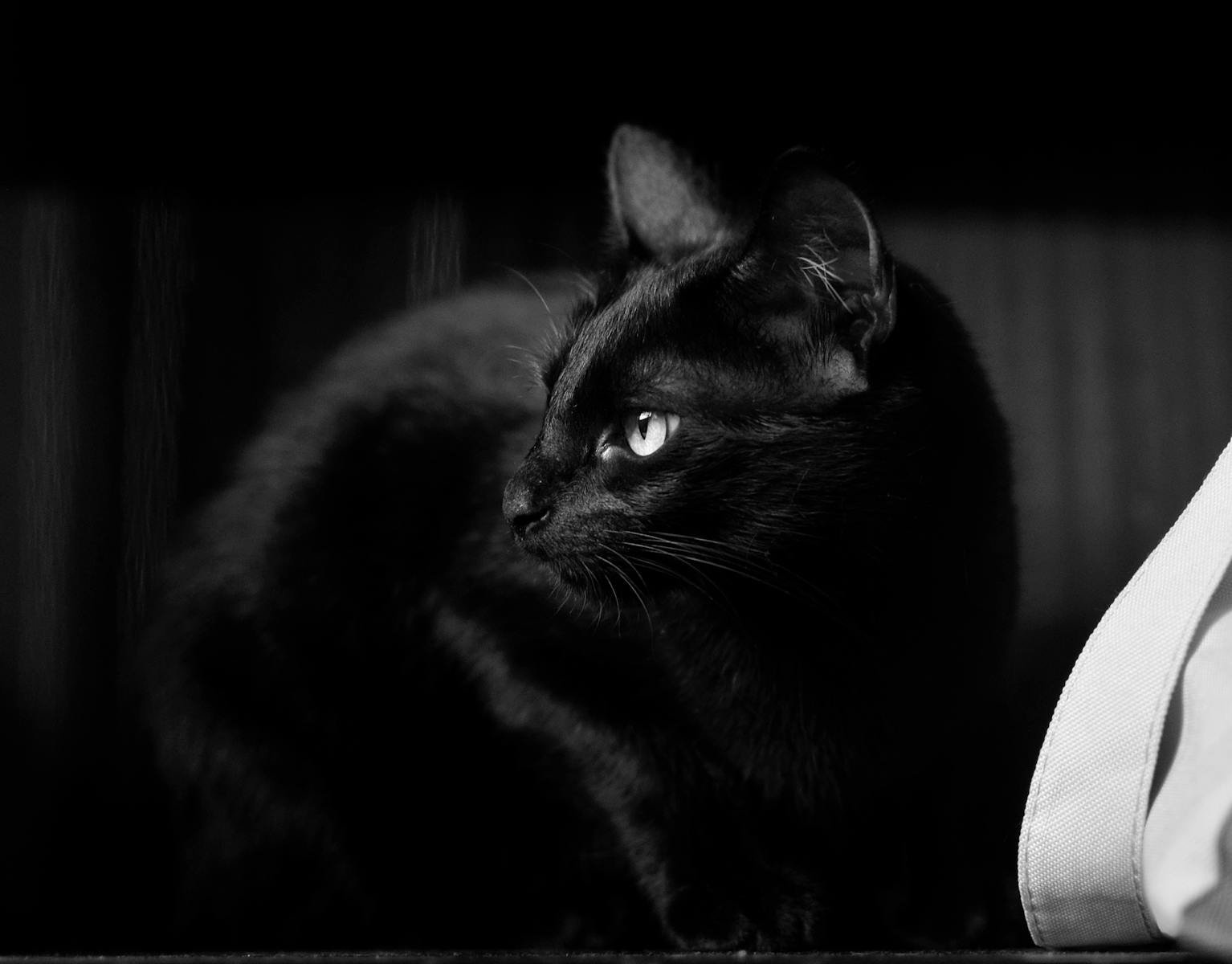
Globally, perceptions of black cats are vastly different. In Japan, they are seen as good luck, especially for single women, as they attract suitors. Similarly, British and Irish traditions often view them as bringers of wealth. These variations indicate how cultural context shapes the interpretation of symbols.
The Science Behind Superstitions
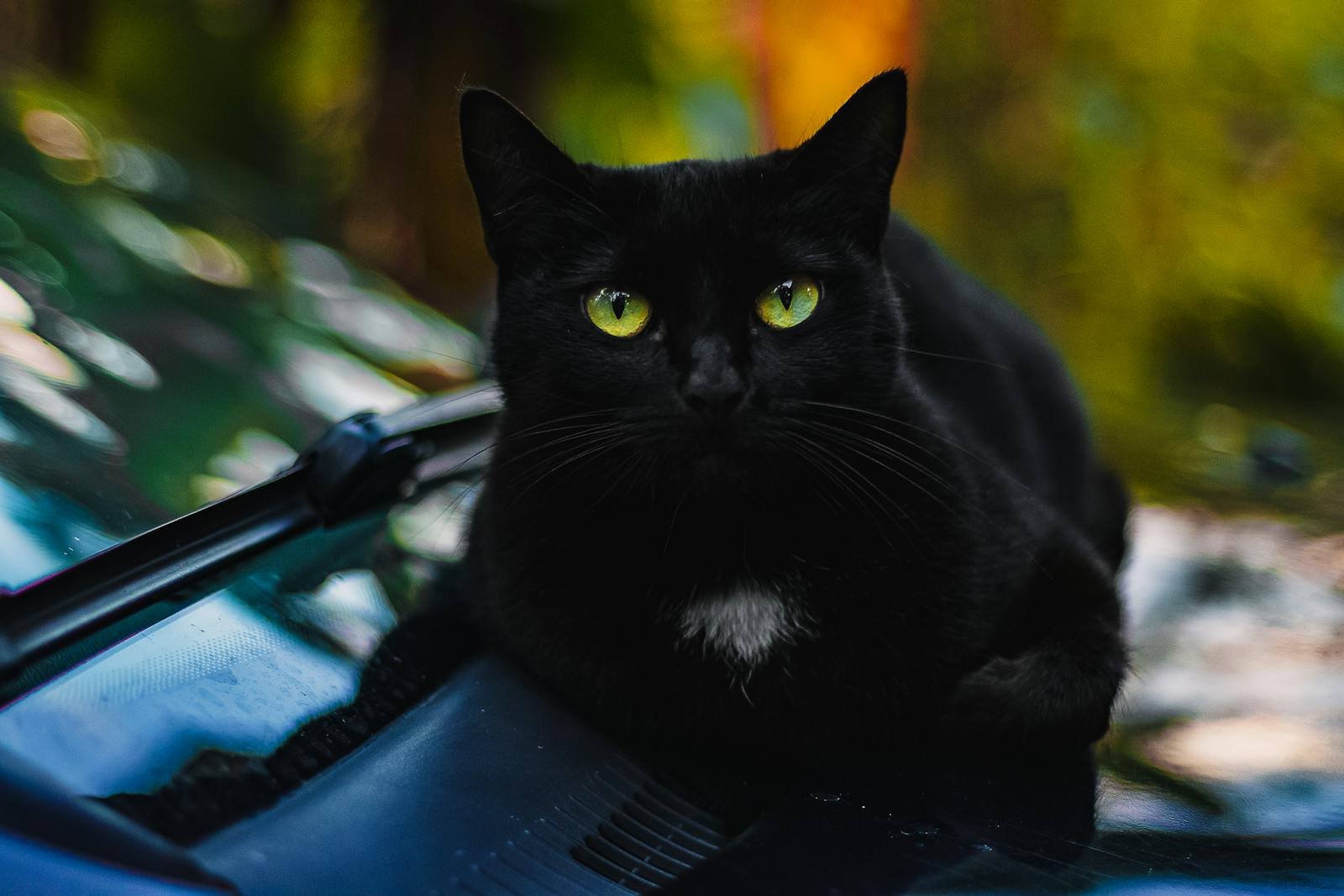
From a scientific perspective, these superstitions may arise from cognitive biases and the human tendency to find patterns. Superstitions about black cats can lead to self-fulfilling prophecies, where believers might unconsciously confirm their beliefs by attributing any misfortune to a previous sighting of a black cat.
The Psychological Comfort of Superstitions
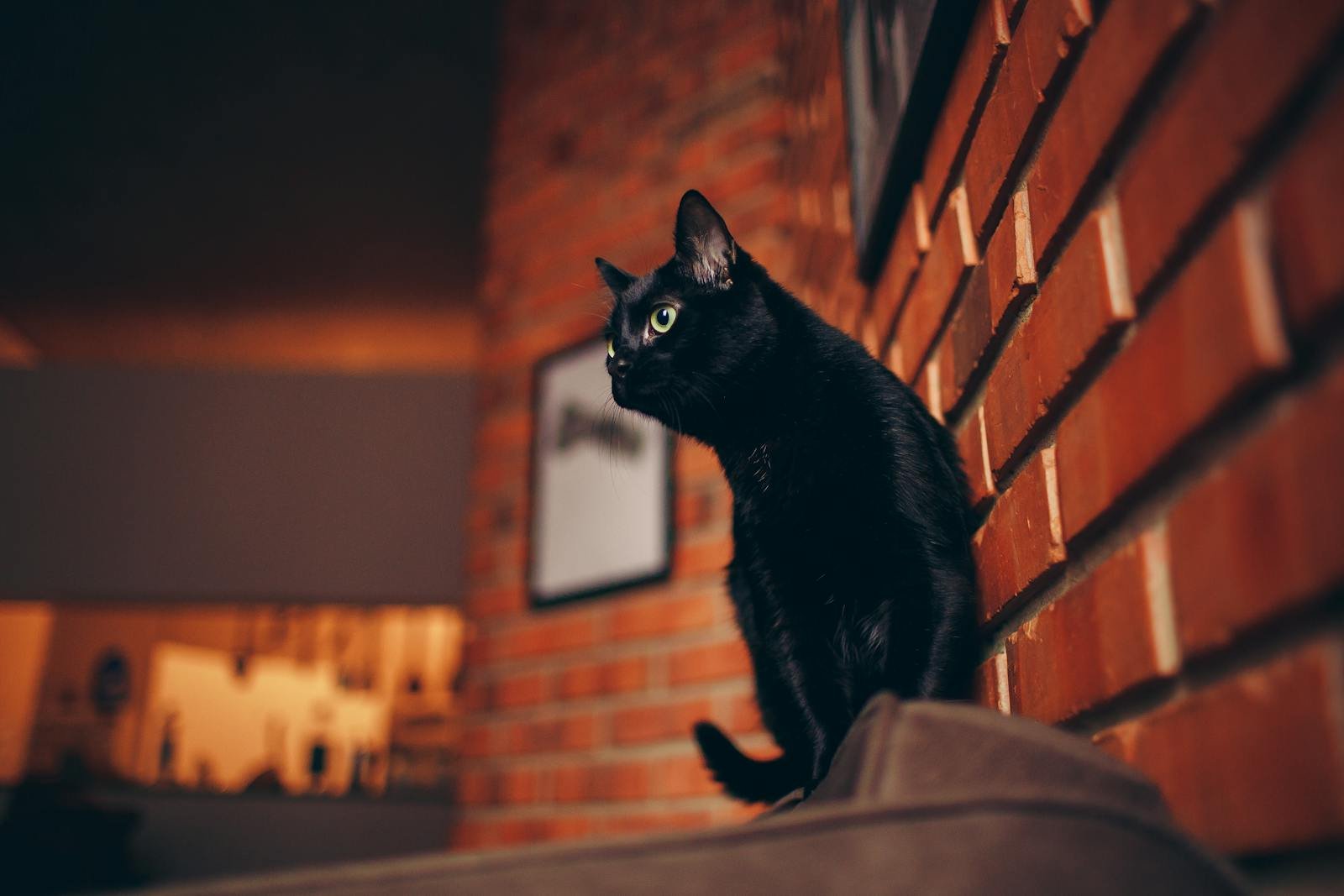
Superstitions, including those around black cats, serve a psychological purpose. They provide individuals with a sense of control in uncertain situations. Believing in good luck associated with black cats can boost confidence, while attributing bad luck prepares individuals for potential setbacks they feel are inevitable.
Modern-Day Reinterpretations and Popular Culture
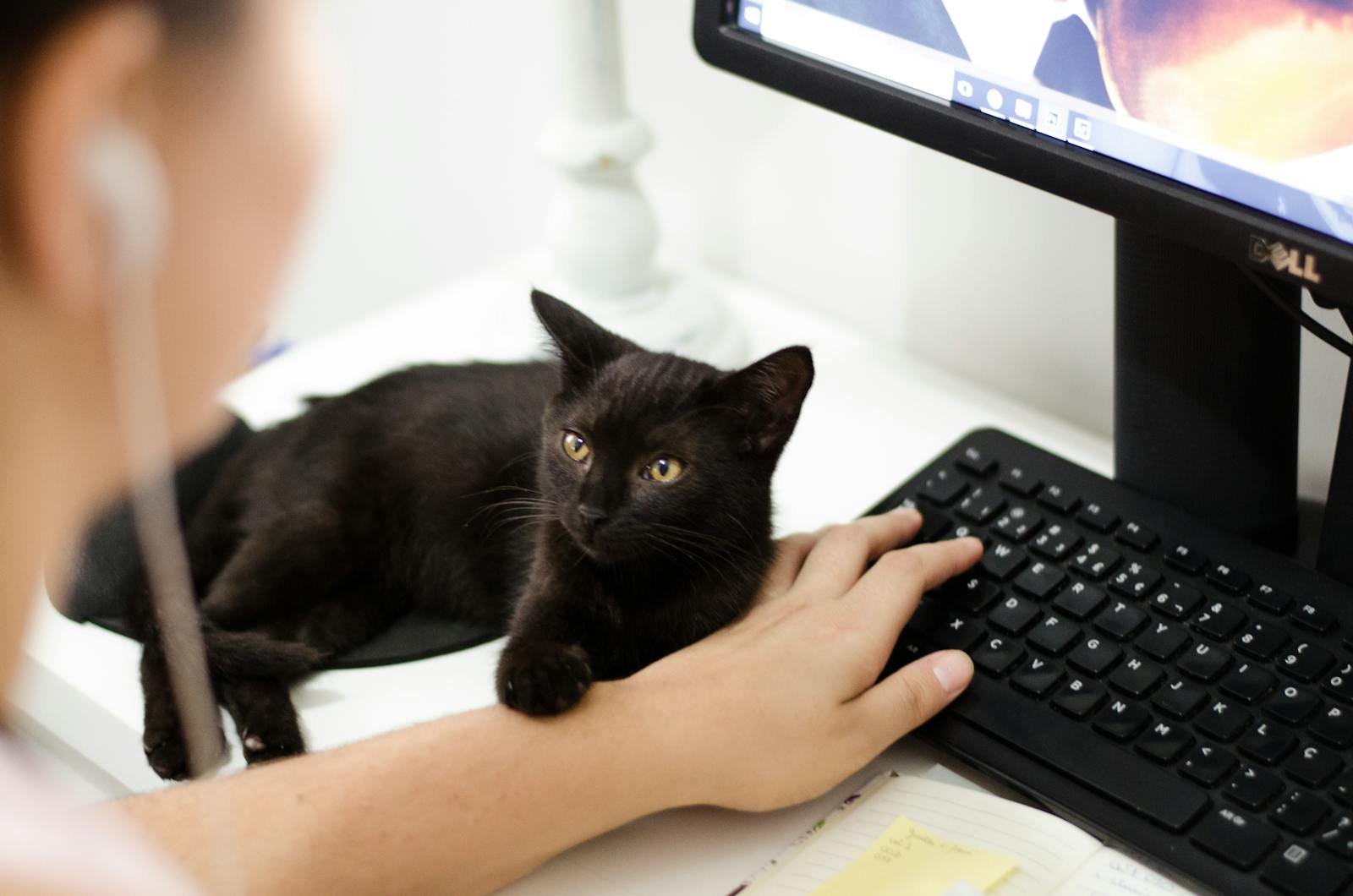
In contemporary society, black cats have been reimagined, especially through popular culture. They star in numerous films, books, and television shows, sometimes as symbols of mystery and power, and other times as misunderstood creatures with benevolent traits. This has contributed to a shift in perception, especially among younger audiences.
Adopting Black Cats: Breaking the Stigma
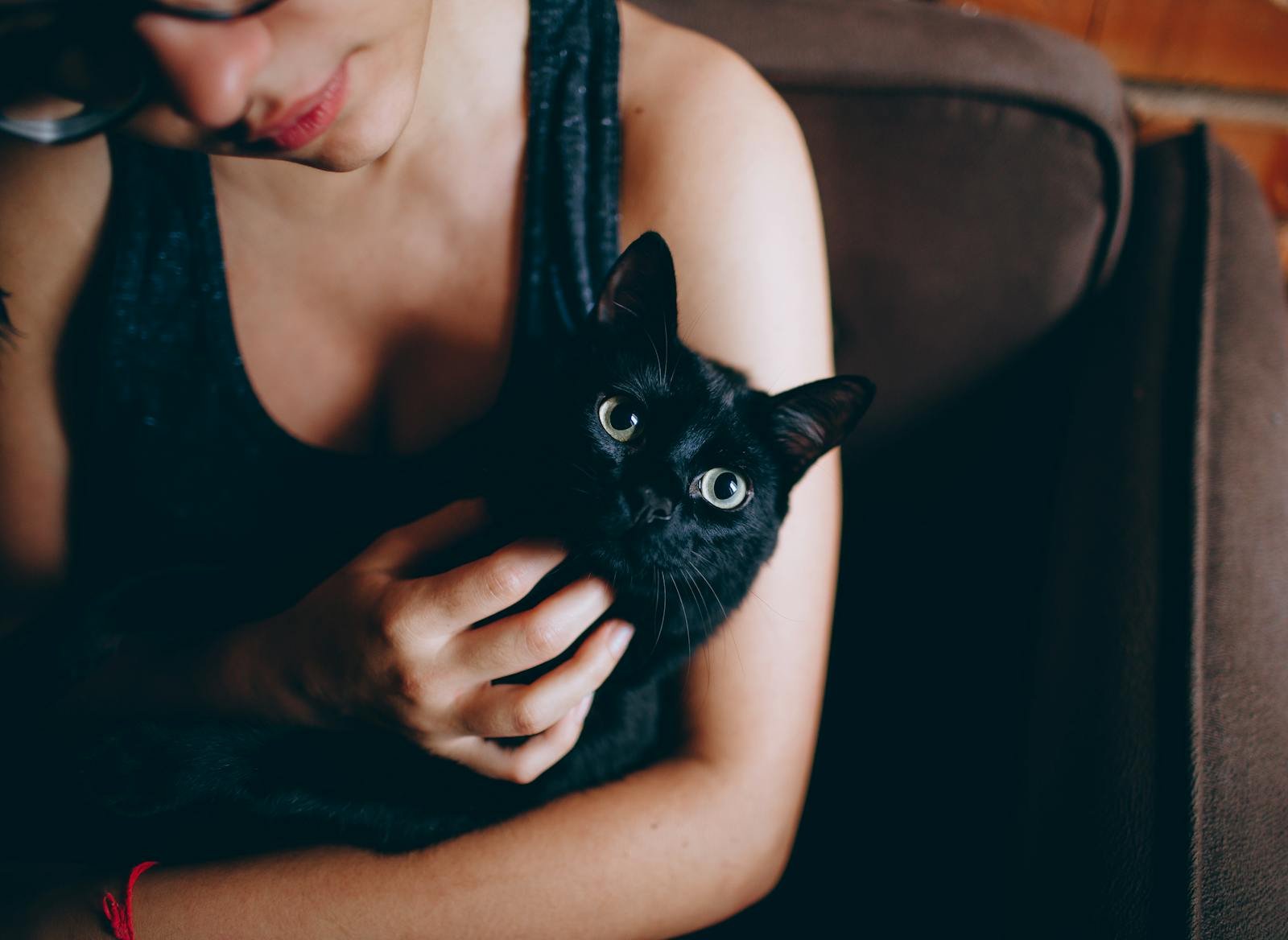
Animal shelters often report lower adoption rates for black cats due to ongoing superstitions. Initiatives like Black Cat Appreciation Day aim to combat these stereotypes by promoting the adoption of black cats and highlighting their loving and peaceful nature. This ongoing effort is crucial in reducing stigma.
The Future: Shifting Perceptions Through Education
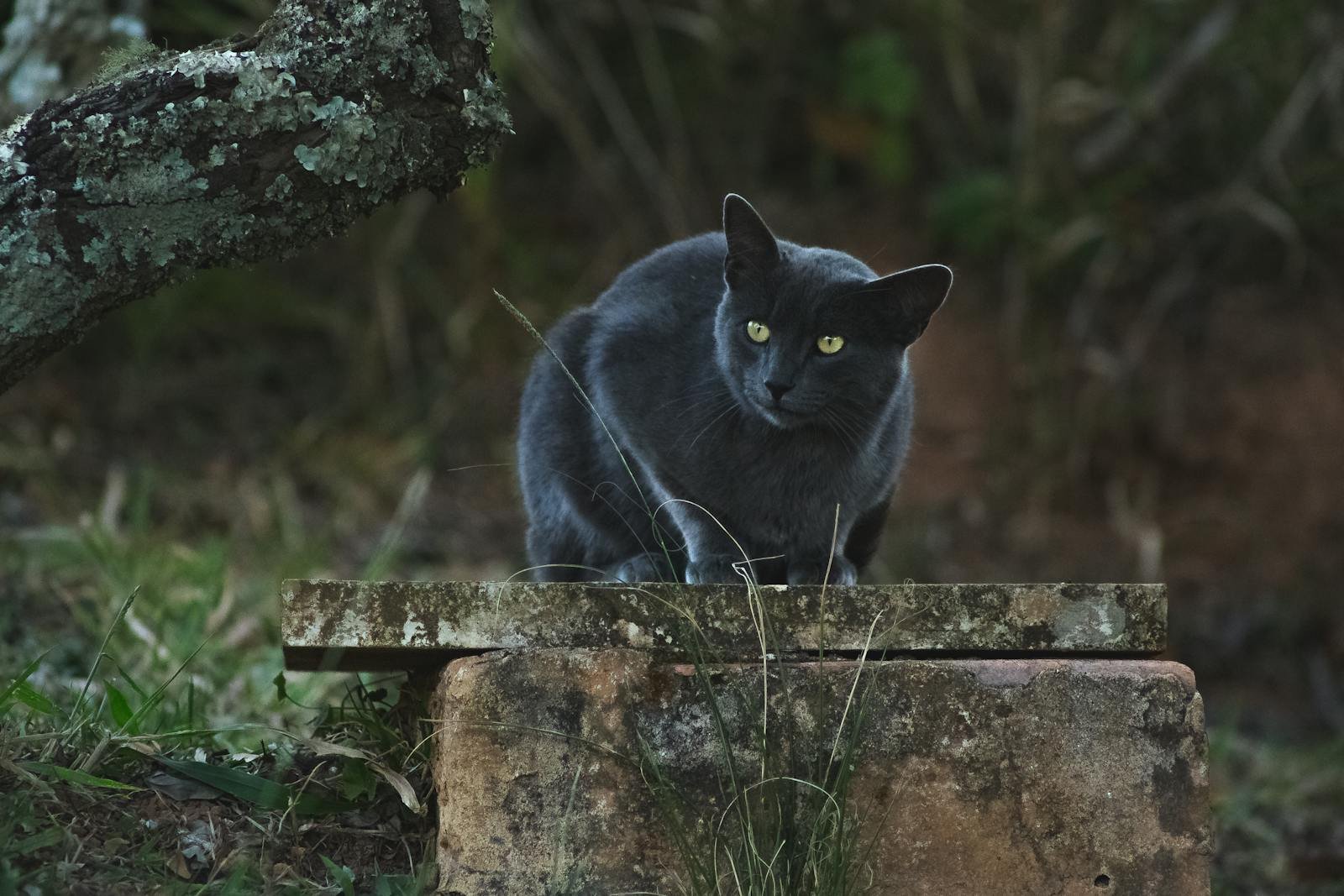
Educating the public about the historical, cultural, and psychological aspects behind black cat superstitions is crucial for reshaping perceptions. As society progresses, there is hope that black cats will continue to be celebrated rather than stigmatized, recognized for their beauty and companionship rather than mythological associations.
Ultimately, black cats serve as an example of how deeply rooted myths and folklore are in human society, but they also demonstrate the potential for change when faced with education and understanding.
Hi, I’m Bola, a passionate writer and creative strategist with a knack for crafting compelling content that educates, inspires, and connects. Over the years, I’ve honed my skills across various writing fields, including content creation, copywriting, online course development, and video scriptwriting.
When I’m not at my desk, you’ll find me exploring new ideas, reading books, or brainstorming creative ways to solve challenges. I believe that words have the power to transform, and I’m here to help you leverage that power for success.
Thanks for stopping by, Keep coming to this website to checkout new articles form me. You’d always love it!






